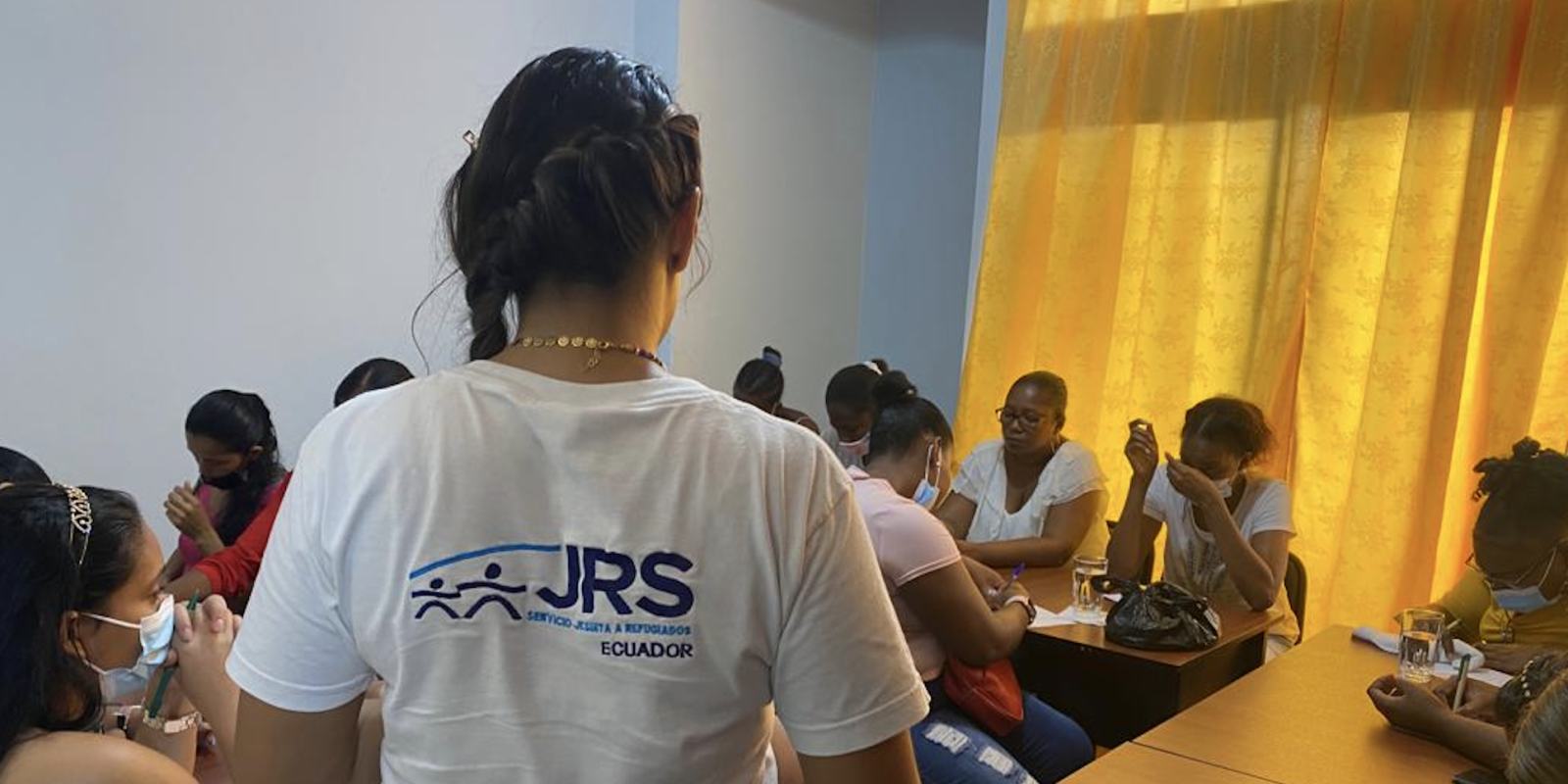JRS/USA and JRS/México Support Biden Administration Decision to Suspend “Remain in Mexico” Policy
21 January 2021

Jesuit Refugee Service/USA and JRS/México support the announcement by the Department of Homeland Security to suspend new enrollments in the Migrant Protection Protocols (MPP) program, also known as the “Remain in Mexico” policy, effective today. While this is a welcome first step, we must not forget that thousands already enrolled in MPP are stranded in Mexico waiting for the chance to petition for asylum. In addition, COVID-19 travel restrictions are still in place, essentially halting access to asylum for anyone seeking protection.
“Two years after MPP was first implemented, JRS applauds the Biden Administration for recognizing the harm this program has caused by quickly moving for its suspension,” said Giulia McPherson, Director of Advocacy & Operations at JRS/USA. “Yet, much more needs to be done to ensure that the rights of those fleeing violence and persecution are respected and that the US is once again a place of welcome.”
In a report released last year, JRS/USA discussed the impact of MPP on asylum seekers and featured testimonies from those affected by these policies as well as recommendations to policymakers on how the US should respond. More than 70,000 people enrolled in MPP are living in dangerous and uncertain conditions in Mexico, their futures in limbo as the US determines a path forward.
“After fleeing unspeakable violence and being turned away at the US border, asylum seekers waiting in Mexico deserve to live in safety and security. JRS Mexico will continue to accompany those seeking assistance but join our partners in the US in calling for a longer-term solution,” said Felipe Vargas, Advocacy Officer at JRS/México.
We call on the Biden Administration to continue consulting with civil society, including advocates and practitioners, to develop a plan of action for those impacted by MPP. We also acknowledge that the forthcoming US Citizenship Act of 2021 does not include provisions for individuals outside of the US, include those enrolled in MPP. This highlights the critical need to identify a remedy for those affected by this harmful policy.




